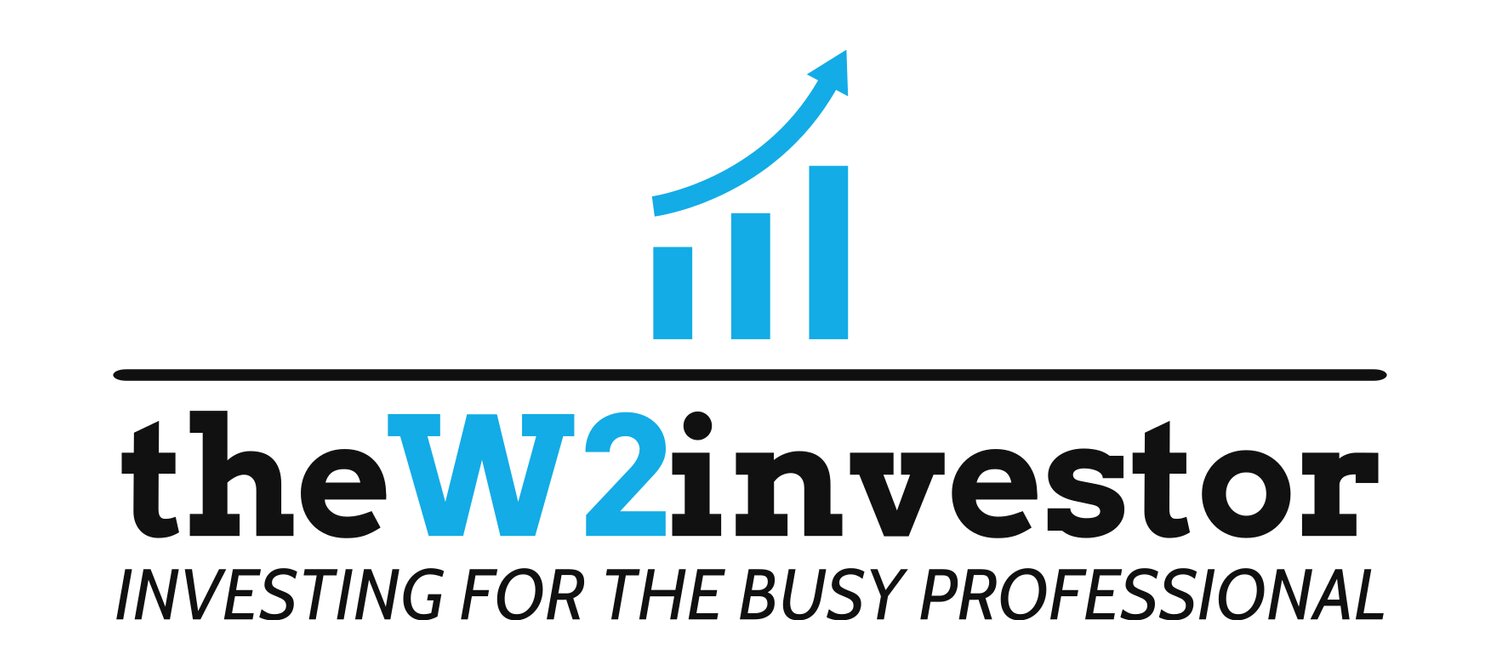Are the current rate hikes bad for Multi Family investors?
The Federal Reserve changed its stance on interest rates to one that is more aggressive. The funds rate was increased by 75 basis points. That caught some people off guard because Chairman Powell had previously provided guidance of a 50 basis points hike. Financial markets appear to have been forewarned because they handled the larger increase with only some turbulence. But the higher than anticipated increase can have some effects on the commercial real estate sector. Many lenders had already factored in a 50 basis point increase in their quoted rates before the announcement. While some purchasers may choose to absorb the adjustment, others may decide to use less leverage. Other purchasers might take advantage of this to renegotiate the price.
The result of that renegotiation will rely on the location, asset quality, and—most importantly—the size of the buyer pool for that particular property type. Therefore, it is unlikely that the rate hike will result in a widespread reindexing of market prices, but rates will still be under pressure to rise. Instead of a 50 basis point increase, anticipate a 75 basis point boost in Fed rates in July.
The relatively quick response from mortgage lenders was one of the more noticeable repercussions of the rate increases. Last week, the 30-year mortgage average rate increased by about 50 basis points. As a result, the average home’s monthly payment increased by $123 or nearly $1,500 annually. More homebuyers were driven out of the market as a result. About 26% of US households had enough income to get approved for a loan on a property with a median price on June 9th, when mortgage rates were 5.23 percent. The percentage of households who may qualify for that same mortgage after last week’s rate rise decreased to 24 percent on June 16th.
Apartment buildings will be significantly impacted by this decrease in affordability. The number of households who can obtain a mortgage is declining, which will increase demand in the already competitive rental housing market. Apartment vacancy rates are at a record low of 2.4%, so an increase in the fed rate may ultimately result in increased pressure on rent growth.
The rate hike can result in higher borrowing rates, which might reduce the number of potential buyers. Investors with vast pockets or those who are money ready won’t likely be affected, but those who are heavily dependent on financing may have fewer options, which could shrink the market for particular assets. Despite these worries, there is still enough competition in the market for assets to maintain cap rates for the majority of property types fairly steady.
Investors should always remember that even while interest rates are rising, they also need to take the future supply and demand balance into account. Deals can still be made, and potential increases in rent may still be greater than the higher cost of capital. It’s crucial to take the big picture into account rather than just one metric.

